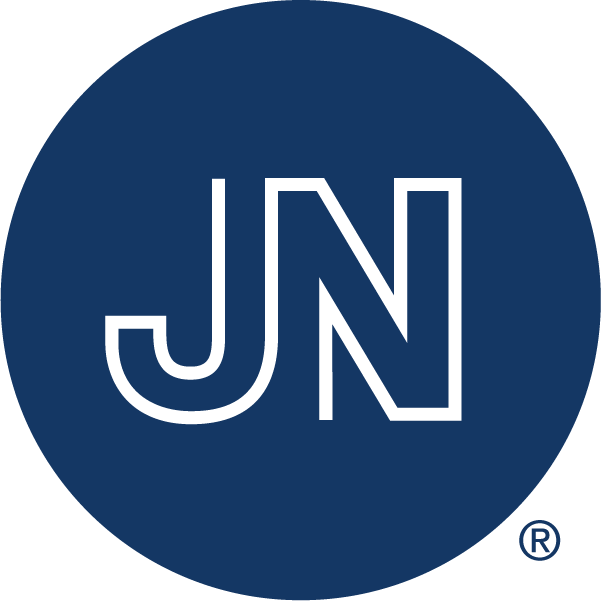JAMA Health Forum Highlights From the AcademyHealth Annual Research Meeting
AcademyHealth is the leading professional organization advancing health services research to improve health policy and health care. In early 2023, JAMA Health Forum became an official journal of AcademyHealth—1 of 4 journals with this designation. This collaboration signifies the shared commitment of AcademyHealth and JAMA Health Forum to disseminating the highest-quality evidence to promote better health and greater health equity.
For the second consecutive year, JAMA Health Forum invited authors of the most highly rated research abstracts at the AcademyHealth Annual Research Meeting to submit their manuscripts for rapid review and expedited publication concurrent with the Annual Research Meeting. We highlight 4 studies1–4 published in the journal concurrently with the meeting in late June, including 3 studies evaluating recent major policy changes and 1 study simulating potential policy options.
Using the National Health Interview Survey, Mein and colleagues2 evaluated changes in the affordability of health care across income groups during the COVID-19 pandemic. Relative to 2019, low-income adults in 2021 and 2022 were less likely to delay or avoid seeking medical care due to cost, and income-related disparities in these measures were substantially reduced. The authors posited that pandemic-era federal policies—including direct income subsidies, expanded premium subsidies for Affordable Care Act marketplace plans, and maintenance of Medicaid coverage—may have contributed to this improved affordability for low-income adults.
Through a household survey of low-income adults enrolled in Medicaid in Arkansas, Kentucky, Louisiana, and Texas in late 2023, McIntyre and colleagues1 assessed how they were affected by the unwinding of pandemic-era Medicaid coverage. Among the 1 in 8 Medicaid beneficiaries who lost coverage, nearly half became uninsured; these adults were twice as likely to report cost-related delays in care relative to those who retained Medicaid coverage.
Koukounas and colleagues4 studied nearly 725 000 traditional Medicare beneficiaries with end-stage kidney disease (ESKD) to analyze early outcomes of the ESKD Treatment Choices Model. Beginning in 2021, the US Centers for Medicare & Medicaid Services randomly selected 30% of hospital referral regions to have their dialysis facilities receive financial incentives or penalties related to use of home dialysis and kidney transplants. This study found home dialysis and kidney transplant rates did not differ between intervention and control regions during the first 2 years of the new model.
Liu and colleagues3 used a microsimulation model to project changes in health care spending and insurance coverage under 3 potential policies—rate setting, annual spending growth targets, and single payer—relative to the status quo. Noting that US households currently devote about one-quarter of total compensation to health care, they estimated changes in these payments and coverage across income groups with each of these policies.
For the JAMA Health Forum Editors’ Summary podcast, we interviewed Aaron Carroll, MD, MS, the new President and Chief Executive Officer of AcademyHealth about the highlights of the Annual Research Meeting and his vision for the organization. As Editors of JAMA Health Forum, we look forward to continuing the productive collaboration between AcademyHealth and the journal to advance better health for all.
Corresponding Author: John Z. Ayanian, MD, MPP, Institute for Healthcare Policy and Innovation, University of Michigan, 2800 Plymouth Rd, Ann Arbor, MI 48109 (ayanian@umich.edu).
Published: July 26, 2024. doi:10.1001/jamahealthforum.2024.2493
Open Access: This is an open access article distributed under the terms of the CC-BY License. © 2024 Ayanian JZ et al. JAMA Health Forum.
Conflict of Interest Disclosures: Dr Ayanian reported personal fees from Harvard University, University of Massachusetts Medical School, Emory University, and University of California San Diego; nonfinancial support from AcademyHealth and National Academy of Medicine; and served on the Board of Directors of Physicians Health Plan, representing his employer, the University of Michigan, without additional compensation for this role, outside the submitted work. No other disclosures were reported.
2.Mein SA, Marinacci LX, Zheng Z, Ahman I, Wadhera RK. Changes in health care and prescription medication affordability in the US during the COVID-19 pandemic. JAMA Health Forum. Published online June 30, 2024. doi:10.1001/jamahealthforum.2024.1939Google ScholarCrossref



